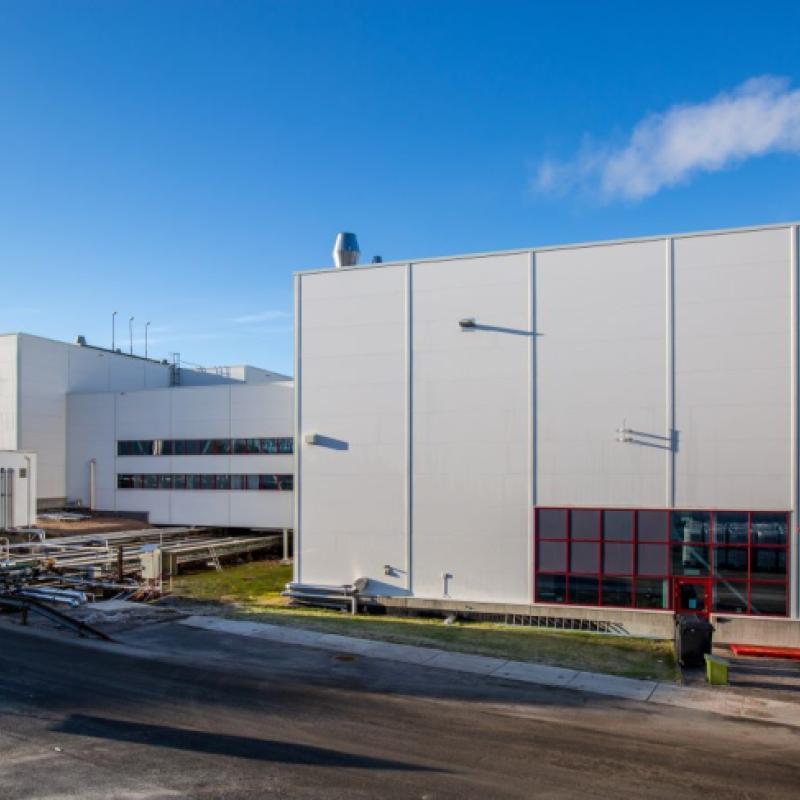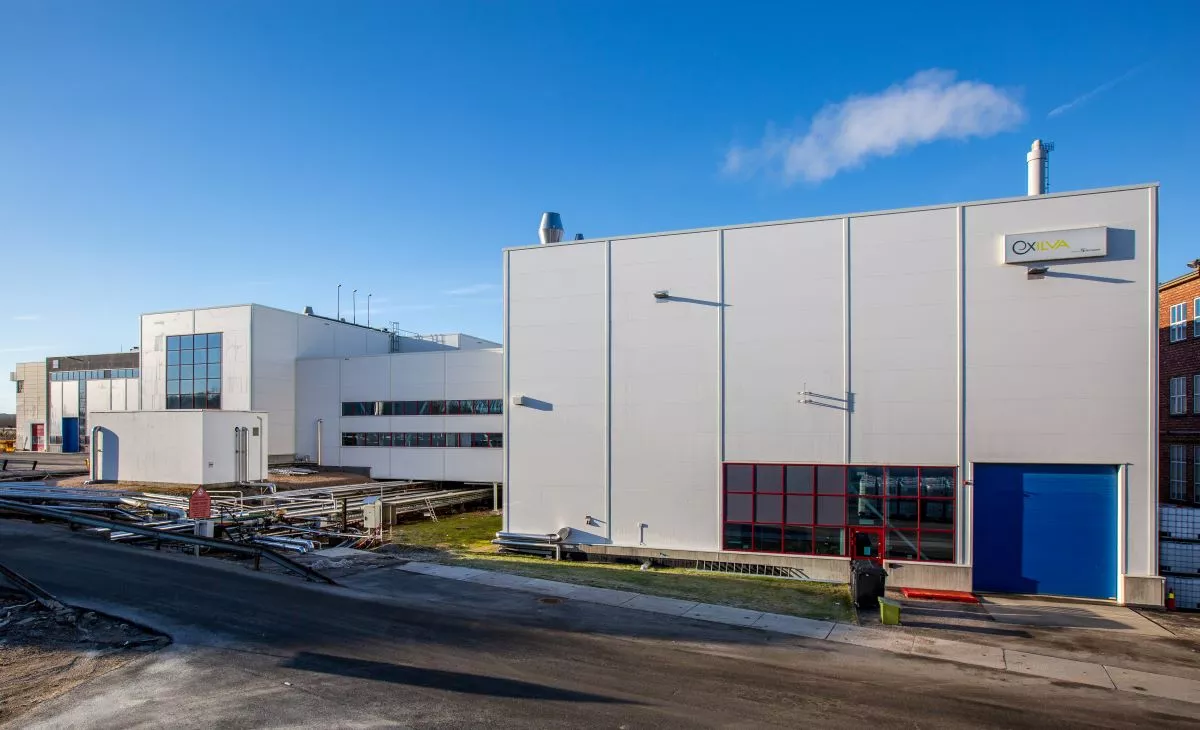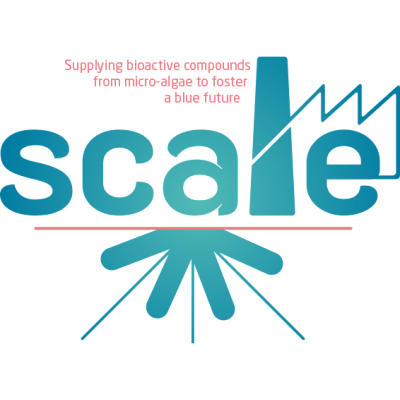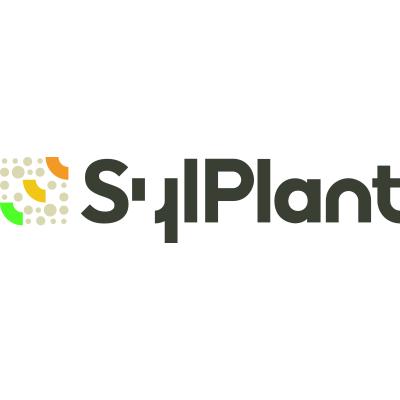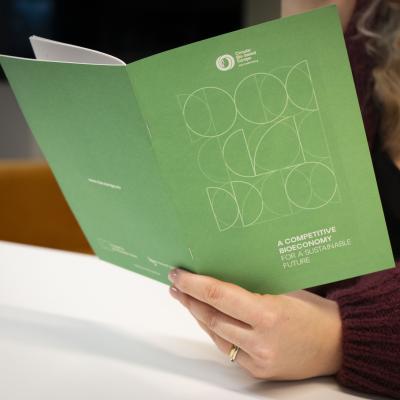
What are the CBE JU-funded first-of-their-kind biorefineries? How do they contribute to a competitive and circular economy? Ten years after launching the first call for project proposals, CBE JU publishes a new booklet showcasing the industrial-size biorefineries unleashing the potential of the bio-based economy in Europe.
The latest edition of A competitive bioeconomy for a sustainable future showcases how the 16 first-of-their-kind biorefineries funded by the joint undertaking are deploying a low-carbon economy where new green jobs are contributing to revitalising rural regions and their environment.
First-of-their-kind biorefineries founding green industries
These highly innovative circular biorefineries produce sustainable bio-based ingredients, materials, and products from renewable resources, such as many types of waste, including sidestreams and by-products from agricultural and wood industries, food waste, municipal solid waste, or aquatic origin such as microalgae. The pioneering industrial processes replace the traditional ones based on non-renewable and often imported raw materials for fuel, energy and manufacturing.
In this booklet, the reader will discover how the SCALE project taps into nature’s wisdom to produce natural active ingredients of high nutritional value for the food, food supplements, feed and cosmetics sectors, or how the FIRST2RUN project has pioneered biodegradable and compostable materials present in our everyday lives such as compostable coffee pods, cutlery, cups and bags.
CBE JU-funded flagship projects, often led by innovative disruptive European SME’s, have already generated new highly skilled green jobs ranging from researchers and scientists to product developers and engineers, and attracted €5.2 of private investment per €1 of CBE JU public funding, totalling more than €1.3 billion. Furthermore, these projects have a high potential for replication across European regions and countries, showcasing the transformative impact of innovative bioeconomy solutions.
Upscaling circular and competitive industries
The new edition of the publication includes how CBE JU has supported the bio-based sector to bridge the gap between research and industrial deployment. The public-private partnership has funded more than 80 demonstration plants that have tested the technical and financial feasibility of new or improved bio-based processes.
These demonstration projects will be expected to be of a sufficient scale to produce enough products to allow market testing and showcase a new business model by the end of the project. The positive results of the demonstration enable further scale-up to first-of-their-kind biorefineries, like in the case of the SYLPLANT project.
The bio-based sector is playing a key role in strengthening Europe’s industrial base while at the same time implementing the objectives of the European Green Deal by greening industrial processes and promoting circularity. These green industrial beacons are providing new innovative circular products while making important contributions to increasing Europe’s technological leadership, resilience and competitiveness, reducing external dependencies on strategic imports, and delivering the climate solutions Europe needs.
Unlock the future: be part of the next biorefineries
The CBE JU Info Day 2024 is planned for 23 April 2024 in person in Brussels, with ample face-to-face networking opportunities. Registration is compulsory for in-person participation and is open until 15 April.
The presentations will cover the Call 2024 priorities and topics, including the three Innovation Action-Flagship topics with a budget allocation of €20 million each, and seven Innovation Action topics each with a budget of €15 million.
Share your #CBEbiorefineries story
Join us for a week-long campaign highlighting the significance of biorefineries on LinkedIn, X and Facebook. Share your story using #CBEbiorefineries on your channels.




